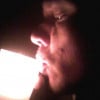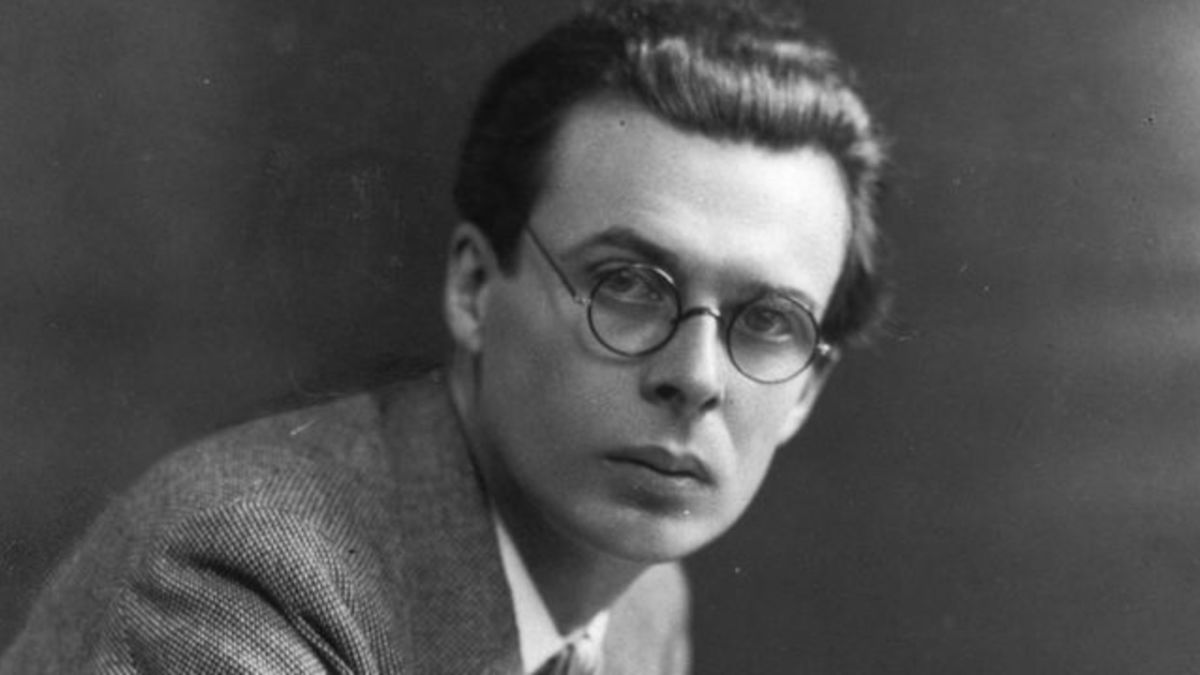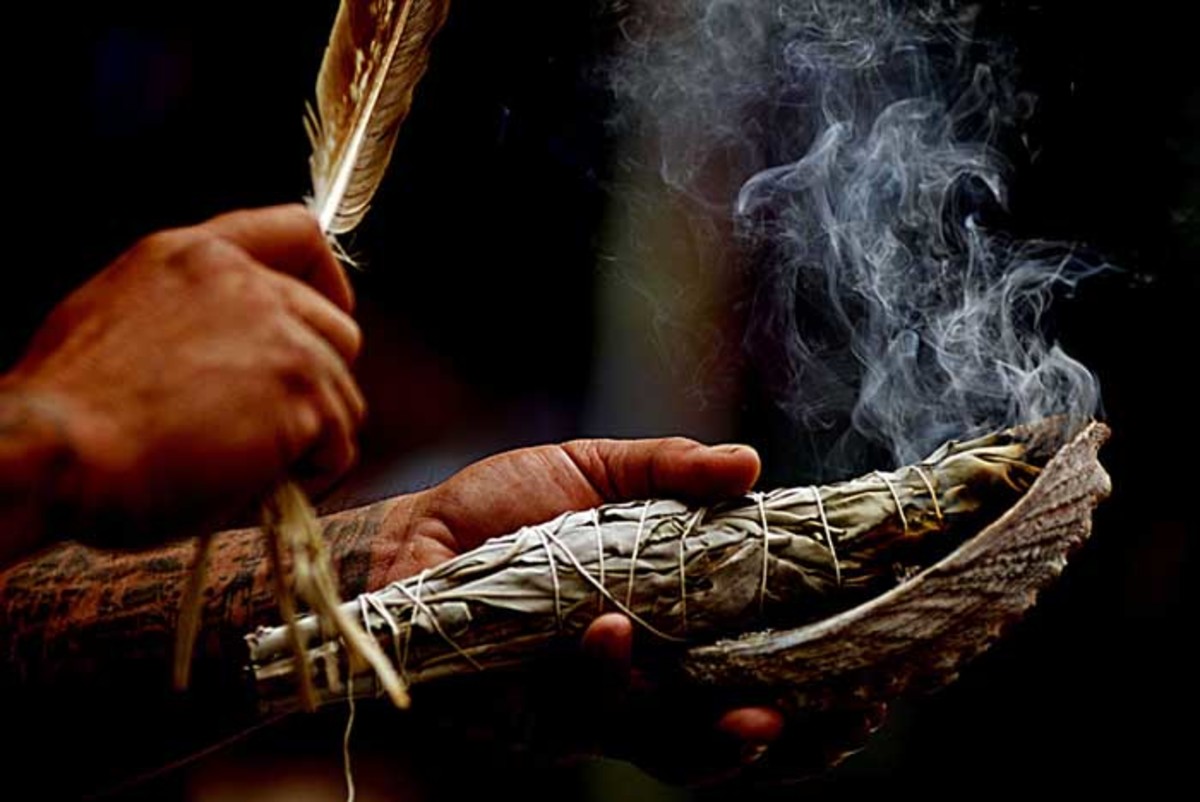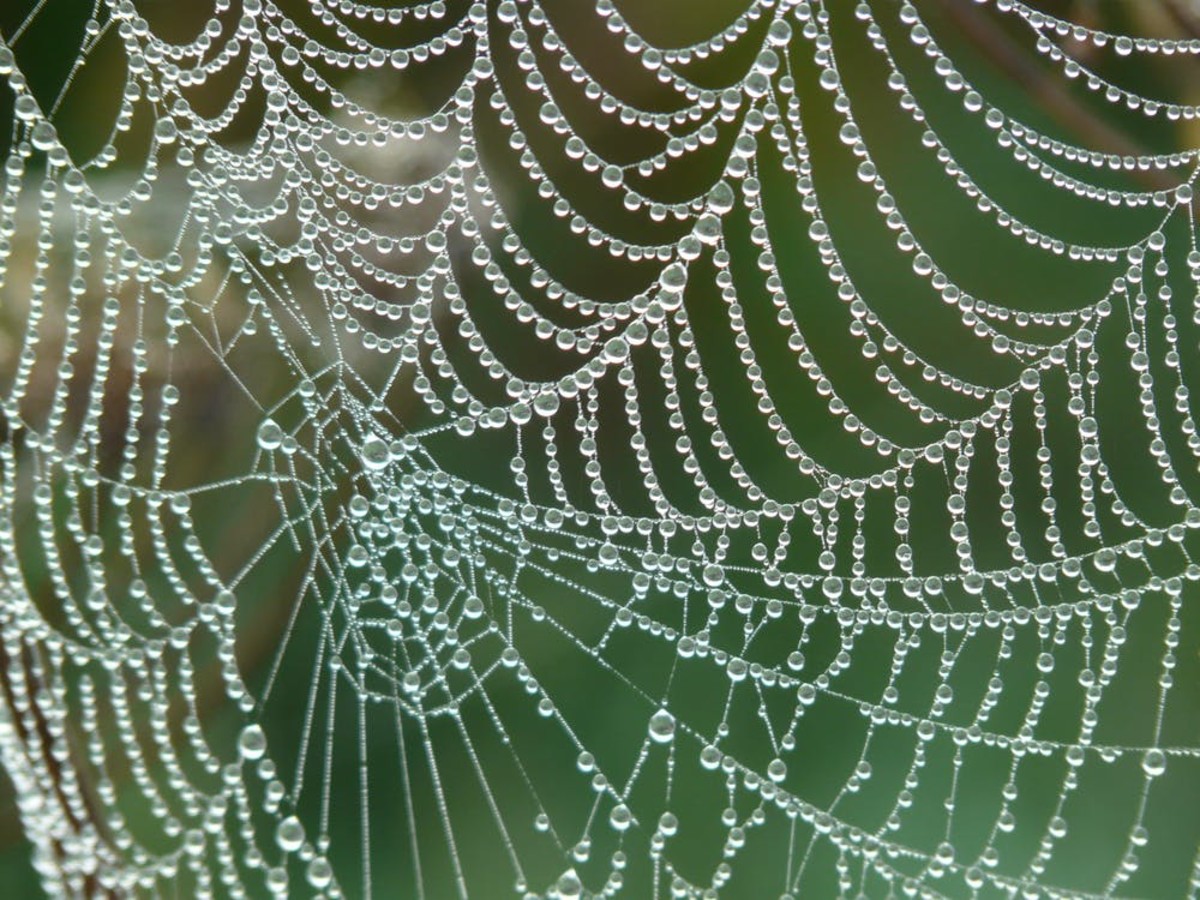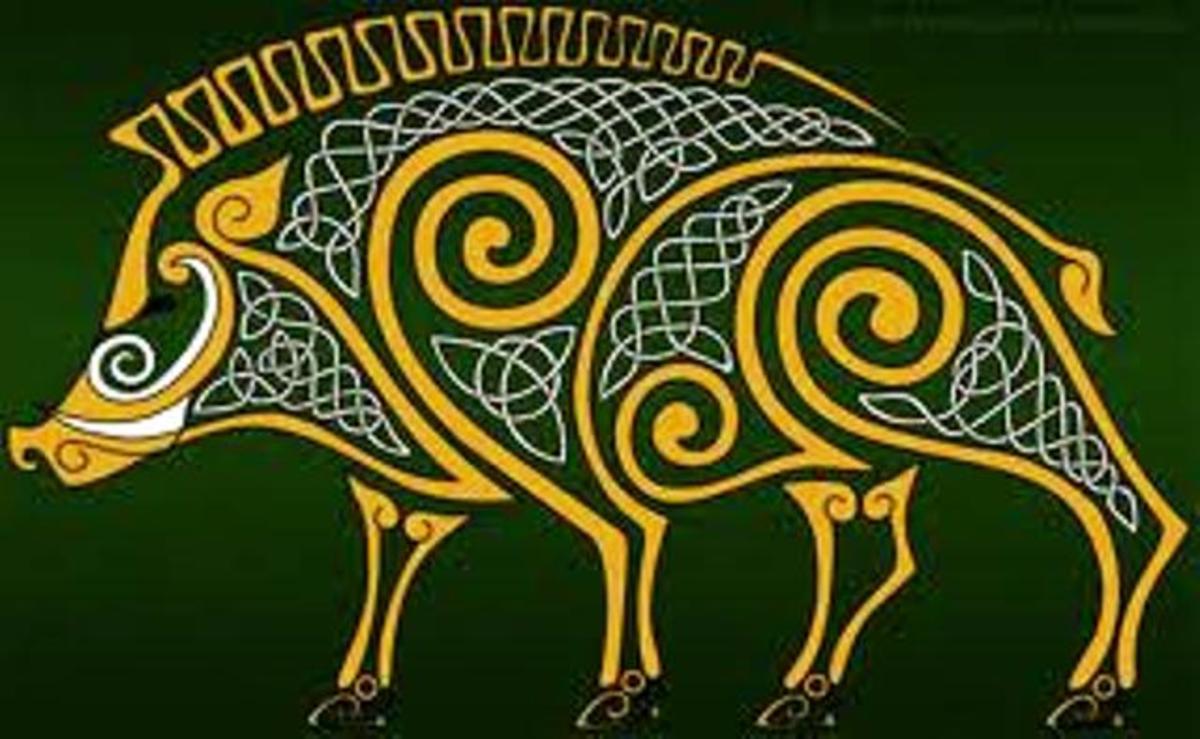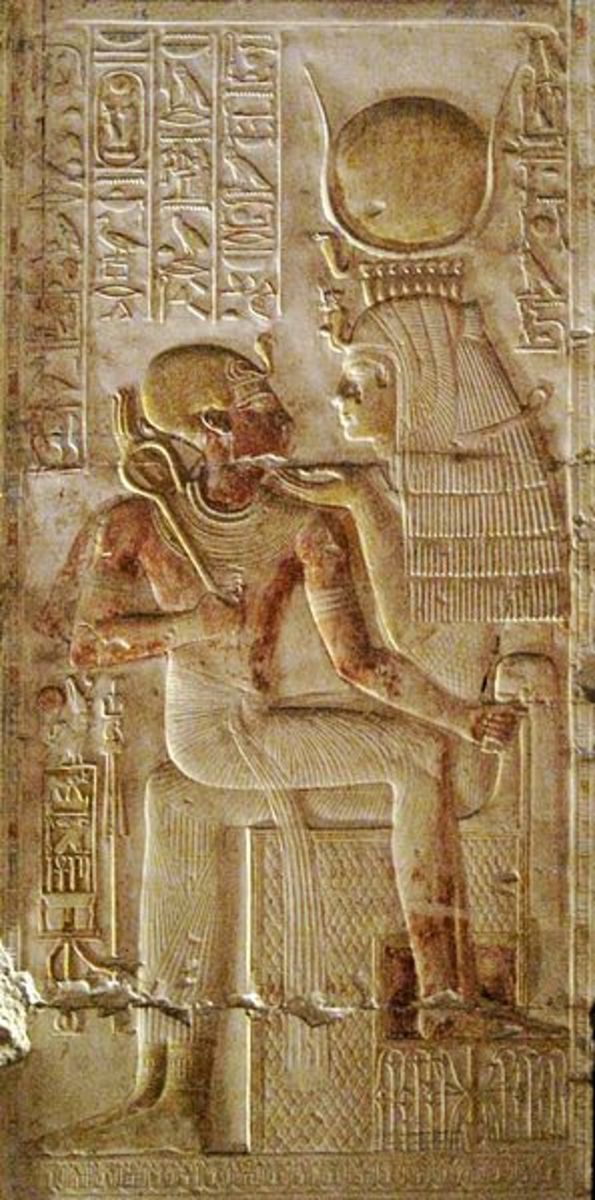To Be Aligned With the Realms
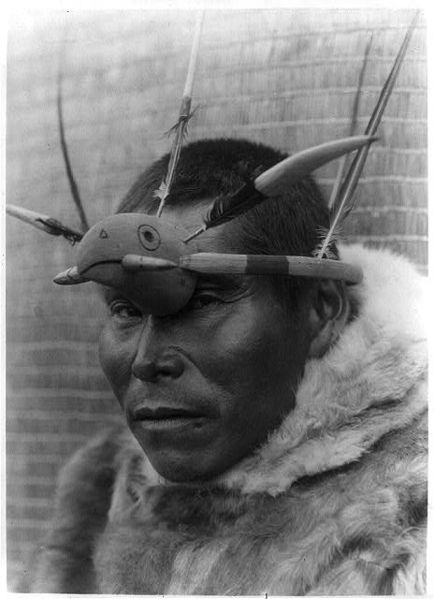
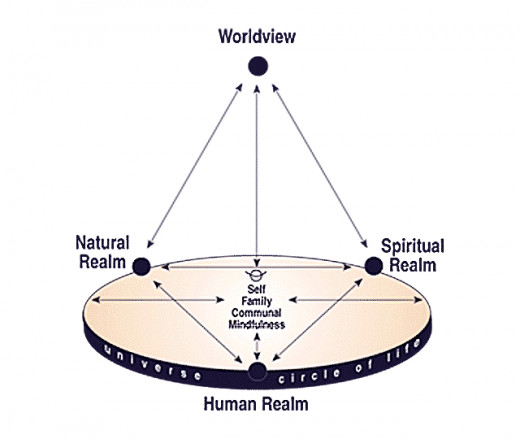
Most of us in Westernized Society or the so called “developed” world are in many ways led to believe our cultures are superior in most every way. It is assumed every government should be a republic; every economy should be monetarily based and the world is a throng of resources separate from ourselves to be tamed and exploited. It is implicit that Western ways should be embraced in areas of education, family, medicine, business and even religion. These principles have been perpetuated for centuries around the world and penetrate nearly every aspect of alien cultures they come in contact with. Often, the West’s juggernaut of a worldview eradicates other worldviews all together, but some have managed to persist despite ever increasing challenges.
“A Yupiaq Worldview” by Oscar Kawagley is an ethnography on the indigenous Yupiaq people of southwestern Alaska and their struggle to safeguard what is left of their ancestral knowledge and tradition from the encroach of a “developing” world. Furthermore, it focuses on favorable facets of the Western worldview and aspires to combine them with complimentary aspects of their own worldview in the Yupiaq educational system.
Angayuqaq Oscar Kawagley bases his ethnography on firsthand experience as a Yupiaq man who was educated by Yupiaq elders in addition to Western style schooling. He was taught philosophy and metaphysics through stories and science through collective observations and experiences passed down from his ancestors by Yupiaq elders, primarily his grandmother. He then went on to study science at the University of British Columbia in Western Canada. Kawagley is truly a man of two worlds who is striving to unite the best of both. However, the odds are against him as oral traditions die with elders and American assimilation continues.
The harsh conditions and apparent lack of resources in southwestern Alaska kept the Yupiaq people isolated longer than most other Native American people. This isolation allowed for much Yupiaq culture to endure intact until modern times, but these ways are fleeting under the relentless broadening of colonialism, globalization and Western social systems.
All Yupiaq once built homes themselves from all natural materials. Anthropologist Desmond Morris stated that “A genuine (Yupiaq) village, seen from the air, looks like an organic growth, not a piece of slide rule geometry”. These homes are remembered for being comfortable, easy to maintain and energy efficient. Now most Yupiaq live in Western style houses built by contractors from synthetic and often imported materials. These homes are expensive to build, maintain and heat. Moreover, these modern homes infringe on the Yupiaq value to be “with and of nature” (p.20). Unfortunately, the Western grip on Yupiaq life does not stop there.
Other obvious indicators of Western dominance are the cannibalized remnants of gas powered snow mobiles strewn about the tundra and cheap factory made boats which are not built to tolerate icy waters. Traditionally, boats and dogsleds were soundly constructed, maintained and lasted a lifetime. Many Yupiaq have now mostly abandoned their boat and dogsled building techniques, opting for speed and instant gratification. The disappearance of this knowledge is rendering the Yupiaq victims of built-in obsolescence and initiates to the West’s throwaway society.
Though the Yupiaq still depend largely on Native foods, Nunam Kliutsiti (a resource monitoring organization in the region) estimates about half of their diet currently consists of pre packaged store bought food. This food is far less nutritious than their traditional food and the garbage generated from often non biodegradable packaging has become an endemic problem. Most villagers have also become dependent on refrigerators, microwaves and other appliances to store and prepare their food. This dilemma was brought to them in part by the sponsors of modern entertainment.
The Yupiaq now have a continuous link to the trappings of Western lifestyle through the television. Often, as in some typical American homes these televisions are left on constantly whether or not anyone is watching. These programs expose the Yupiaq people to a sugar coated and often one sided view of the outside world and a never ending onslaught of advertizing. The children are most impacted by television. They compare their lives to the trendy gadget filled lives of fictional characters and long for what they see in commercials. Ultimately, this does little to help children to embrace their roots. They become more cynical of Yupiaq ways and more Westernized all the time. This subtle indoctrination of the children is merely a continuation of forced fed Westernization that has gone on for over a century.
The first taste of Western education for the indigenous of Alaska came as it did for countless others the world over, in the form of secondary boarding schools located in urban areas far from the prying eyes and influence of Native elders. Just as the children of mainstream modern society, Native children were taught to adhere to all aspects of one worldview. The difference from the mainstream was this worldview was entirely not the worldview shared by Native elders as it was with mainstream elders.
As the benefactors of abundant ancient knowledge, Yupiaq elders were revered with extreme gratitude and respect. All paid close and quiet attention to their words and actions. The often high birth mortality rate and short life spans indicated that anyone living into old age was doing something right. Those who lived to be very old were said to have completed their life cycle and entered their “second childhood” (p.18). The elders in their second childhood were pampered. If they could not walk, they were carried; if they lost their teeth, food was chewed for them. This nurturing was an expression of gratitude for the elders numerous contributions.
Traditionally, indigenous education is based on the reciprocal accumulation of knowledge. In this way each generation is supported by those who came before. Values, customs and traditions are bequeathed through stories and legends. Established ground rules are emphasized for the sustainability of harmony with nature. The importance of sharing and cooperation is stressed, explained and demonstrated to support this harmony. Each generation carries and contributes to this wealth of the people. These practices enabled the Yupiaq to thrive happily in some of the most inhospitable conditions on Earth for thousands of years.
Content with their way of life, the Yupiaq did not embrace the dominant society at first, but after the decimation of parents, shamans and elders from European diseases, many Yupiaq were not left with much of a choice. Often entire villages were wiped out by this scourge. Orphaned children with no extended family became wards of the state and were treated accordingly. For Alaskan Natives, this forced shift of beliefs and values as it has for others time and time again resulted in confusion and the loss of control over their own lives. As was also often the case, Native Alaskan peoples tried to live this new lifestyle only to find it sharply contradicted the long-established and most favorable ways of their ancestors.
Alaskan Native peoples including the Yupiaq possess a worldview where a delicate balance or order is observed and maintained. All things living or non-living, physical or metaphysical were created equal by the Raven. No constituent of this composition holds dominion over another. In fact they are all parts of the same thing. One part cannot alter another without altering itself. Traditionally, they see the universe as consisting of three interdependent realms: the spiritual realm, the natural realm and the human realm. The universe of realms is an alliance that has been compared to a tetrahedral or tripod-like structure known for its strength. This alliance, when aligned, balanced and in constant communication is exceptionally strong. All things were created to complement one another and are essential components to a harmonious universe. Nearly every aspect of human life should be based on upholding this alliance and all capabilities directed toward strengthening it.
Though all entities are created equal and all their functions are of equal significance, they do not all possess the same strengths and weaknesses. The human realm has been endowed with consciousness and the capacity for reason. In other words, the human realm is the universes attempt to comprehend and appreciate itself. This consciousness is personified by the Yupiaq word ella. The meaning of this word changes depending on its use, but it always expresses a recognition, awareness or consciousness of something. Ella, though not always readily apparent, is within all humans and embodies all ways of knowing. These ways of knowing must be utilized in wise conjunction with patience and close attention to subtle details to insure the integrity of the alliance. Just as the realms of the universe, the ways of knowing are connected and interdependent.
The Western tendency to categorize knowledge into distinct disciplines was quite alien to the Yupiaq. For them language, history, mathematics, science, technology, ecology, ethics, metaphysics, the arts and all other schools of thought were conveniently packaged and harmonized within the ways of knowing. Western society has only just begun to combine sciences in the past century or so and not yet on the level of Yupiaq. Since intelligence was meant to be directed toward upholding the alliance, any knowledge that did not was regarded as “useless knowledge”. This is not to say this “useless knowledge” was bad, there was just no use for it at that time or place. Their minds open to all ways of knowing, Yupiaq practices and traditions are always evolving even into modern times.
While the impact of colliding worlds was largely detrimental to indigenous people and their environments, the Yupiaq recognize the West’s positive or “useful” contributions. Most villagers appreciate the advantages of roads, airports and electricity. Most homes now have telephones and CB radios bridging the gap in communication caused by brutal weather and providing a lifeline in emergencies. They also realize the benefits of modern medicine and the complimentary mesh of modern science with their own observations.
This openness to all ways of knowing has led Kawagley to collaborate with Yupiaq elders and open minded Western educators to devise a curriculum which is more suited to traditional values and unites the best ways of knowing. A Fish Camp Science Odyssey is the offspring of this association which ultimately proposes to “Sustain a network of collaborative thought and effort between disciplines, maintaining a holistic approach all the time” (p.106). This includes, but is not limited to applying all ways of knowing to the processes of everyday life. One of the burgeoning qualms Yupiaq elders have with Western education is that it does not produce intellects suited to village life. Furthermore, those who leave the village experience a disconnection from their Native values. “It is difficult to try to live in two worlds without adequate bridges between them.” (Kawagley p.50) A Fish Camp Odyssey aspires to be such a bridge, restoring the traditional option which has been dwindling with time.
I propose that a curriculum which incorporates all ways of knowing is not only what’s best for the Yupiaq, not only what’s best for all people, but what’s best for the Earth and all of her inhabitants. We were all indigenous peoples once. Though there were times of scarcity, the Earth provided everything that was needed for life free of charge. The blending of the best the human realm has to offer is what the world desperately needs. I sincerely believe that over time with such a curriculum, people will discover their true place in the universe, what knowledge is truly useful, and how the world should truly be viewed.
“To know our place, our space, is to know it intimately, its weather patterns, its natural features, its plants, its animals, with an openness of mind and sensitivity to subtle changes. This is identity-who you are-the pride of oneness!” ~ Oscar Kawagley
Work Sited
A Yupiaq Worldview: A Pathway to Ecology and Spirit [Paperback]." Amazon.com: A Yupiaq Worldview: A Pathway to Ecology and Spirit (9781577663843): Angayuqaq Oscar Kawagley: Books. N.p., n.d. Web. 01 Dec. 2012. <http://www.amazon.com/Yupiaq-Worldview-Pathway-Ecology-Spirit/dp/1577663845>.
